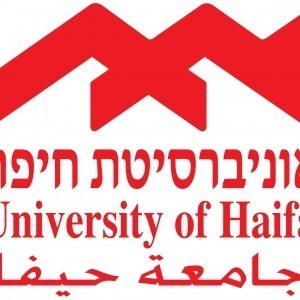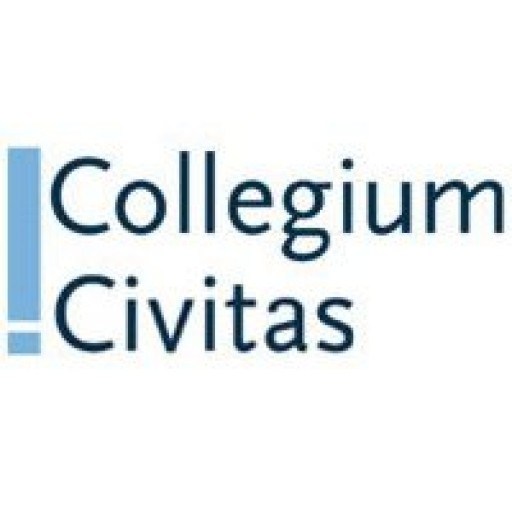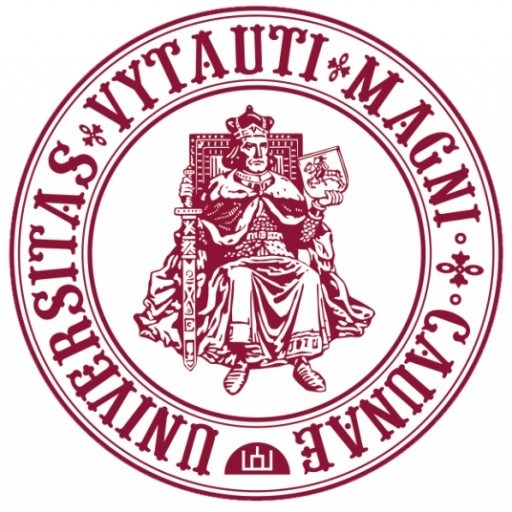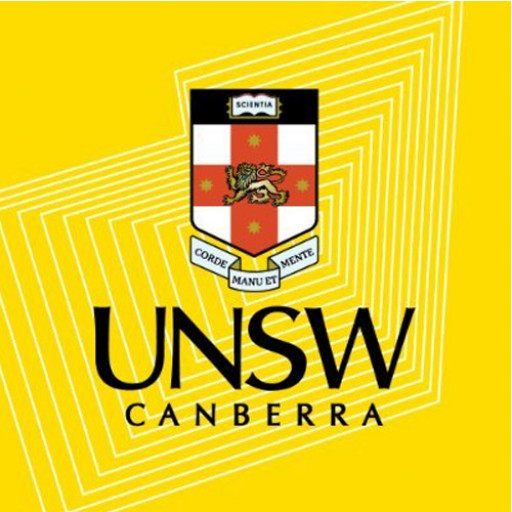Photos of university / #university_of_haifa
The Bachelor’s degree program in Diplomacy and International Relations at the University of Haifa offers students a comprehensive understanding of the complex dynamics that shape the global political landscape. Designed to prepare future diplomats, policy analysts, international organizations, and global affairs professionals, this program combines theoretical knowledge with practical skills necessary for effective engagement in international settings. Students will explore a wide range of disciplines, including political science, international law, economics, history, and communication, gaining insight into the processes and institutions that govern international relations. The curriculum emphasizes critical thinking, analytical reasoning, and intercultural communication, equipping graduates to analyze international issues, develop strategic policies, and negotiate effectively across diverse cultures and contexts. Through a combination of classroom instruction, simulations, internships, and research projects, students will have the opportunity to apply their knowledge to real-world scenarios. The program also encourages engagement with current global challenges such as conflict resolution, human rights, environmental sustainability, and economic development. Faculty members are experts in their fields, providing mentorship and guidance to foster intellectual growth and professional development. Graduates of this program will be well-positioned to pursue careers in diplomacy, government agencies, international NGOs, or further academic study. The University of Haifa’s strategic location and active international partnerships facilitate networking and experiential learning opportunities, ensuring students gain valuable insights and connections in the field of international relations. Emphasizing a multidisciplinary approach and a commitment to social responsibility, the program aims to develop leaders capable of contributing to a more peaceful and cooperative international community.
The Diplomacy Studies program at the University of Haifa offers a comprehensive and interdisciplinary curriculum designed to prepare students for careers in international relations, diplomacy, and global affairs. The program emphasizes both theoretical foundations and practical skills necessary for effective diplomacy in a complex and ever-changing international landscape. Students will explore core topics such as international law, foreign policy analysis, negotiation and conflict resolution, international organizations, security studies, and regional politics. The curriculum combines lectures, seminars, simulations, and internships to provide an immersive learning experience that bridges academic knowledge with real-world application.
Throughout the program, students are encouraged to develop critical thinking, analytical skills, and cultural sensitivity, all essential qualities for successful diplomats and international professionals. The program also offers specialized courses in areas like Middle Eastern affairs, global governance, human rights, and economic diplomacy, reflecting the diverse interests and career paths that graduates can pursue. Aside from coursework, students have access to a variety of academic workshops, conferences, and guest lectures featuring leading experts in diplomacy and international relations.
The University of Haifa’s diplomatic studies program fosters a vibrant multicultural environment, where students from different backgrounds engage in meaningful dialogue and collaborative projects. Practical training is complemented by opportunities for internships at governmental and international organizations, enabling students to gain firsthand experience in diplomatic settings. The program aims to equip graduates with the skills, knowledge, and ethical grounding necessary to promote peaceful international cooperation, resolve conflicts, and advance Israel’s diplomatic objectives on the global stage. Upon completion, students will be well-prepared to pursue careers in diplomacy, international organizations, policy analysis, security, and related fields, contributing effectively to Israel’s diplomatic initiatives or working in international institutions around the world.
The Diplomacy Studies program at the University of Haifa requires students to complete a rigorous curriculum designed to prepare them for careers in international relations, foreign service, and diplomatic service. The program typically includes core courses such as Introduction to International Relations, Diplomatic Practice, International Law, and Conflict Resolution. Students are also expected to undertake specialized courses in areas such as Middle Eastern Politics, Global Security, and International Economics to gain a comprehensive understanding of the geopolitical environment.
In addition to coursework, students often participate in seminars, workshops, and simulations to develop practical skills like negotiation, diplomatic writing, and public diplomacy. The program emphasizes research and analytical skills, requiring students to complete research papers and a final thesis project under faculty supervision. Language proficiency is an important component; students are encouraged to attain competence in at least one foreign language, with options including Arabic, French, or Spanish, to enhance their diplomatic capabilities.
Students must also meet internship or practicum requirements, providing practical experience through placements in diplomatic missions, governmental agencies, or international organizations. Elective courses may cover topics such as Human Rights, Peacebuilding, or International Organizations, allowing students to tailor their studies to specific interests. The program fosters critical thinking, cross-cultural communication, and policy analysis to prepare graduates for high-level diplomatic roles. Overall, the Diplomacy Studies program combines theoretical knowledge with practical skills, requiring full-time study over approximately four academic years, including coursework, research, language training, and practical experience to ensure comprehensive preparation for professional diplomatic service.
The financing options for the Diplomacy Studies program at the University of Haifa include several pathways designed to make higher education accessible and affordable for both Israeli and international students. Tuition fees vary depending on the student's residency status, with Israeli students benefiting from subsidies and government support, which typically results in lower annual tuition costs compared to international students. International students are required to pay full tuition fees, which are detailed on the university's official website and may be subject to annual adjustments.
The university offers a range of scholarships and financial aid programs aimed at supporting qualified students. These scholarships are often merit-based, awarded to students demonstrating academic excellence, leadership potential, or financial need. Some scholarships are specifically designated for students enrolled in diplomacy, international relations, or related fields, emphasizing the university’s commitment to fostering future professionals in international affairs.
Additionally, students can apply for government-sponsored programs, grants, and loans available within Israel or through their home countries, particularly for international students from specific regions. The university also encourages students to seek external funding sources, including international organizations and foundations offering grants and sponsorships tailored to students pursuing diplomatic and international studies.
Part-time employment opportunities are available on campus, allowing students to earn income while studying. The university's career services and student support departments assist in connecting students with employment options that comply with visa regulations for international students.
Furthermore, the university may provide flexible payment plans or tuition installment options to ease the financial burden on students. These arrangements are typically handled through the administrative offices responsible for student finances and require formal application.
Overall, the University of Haifa is committed to supporting students through comprehensive financial aid and scholarship programs, government funding opportunities, and practical employment options, ensuring that capable students can pursue Diplomacy Studies without significant financial barriers.
The University of Haifa offers a comprehensive Diplomacy Studies program designed to equip students with the skills and knowledge necessary to excel in international relations, diplomacy, and global policy-making. The program emphasizes a multidisciplinary approach, integrating political science, international law, economics, and cultural studies to provide a well-rounded education. Students are exposed to both theoretical frameworks and practical applications, preparing them for careers in government, international organizations, diplomatic service, or private sector roles related to international affairs. The curriculum includes coursework in diplomatic history, negotiation and conflict resolution, international organizations, public diplomacy, and media communication. Additionally, students have opportunities to participate in internships, simulations, and conferences that enhance their understanding of real-world diplomatic processes. The faculty comprises experienced scholars and practitioners in the field of international relations, many of whom are actively involved in diplomatic and policy work. The program encourages a global perspective and often involves collaborations with foreign universities and international institutions, providing students with exposure to diverse cultural and political environments. Graduates of the Diplomacy Studies program at the University of Haifa are well-prepared to pursue advanced degrees or to enter professional roles in diplomacy, international NGOs, and multinational corporations. The university also offers language courses and workshops to strengthen communication skills in various foreign languages, which are essential for diplomacy. The program caters to both Israeli and international students and supports those interested in careers in peacebuilding, conflict management, and international development. With a focus on critical thinking, ethical considerations, and strategic communication, the Diplomacy Studies program aims to develop versatile and informed professionals capable of addressing complex global challenges.









